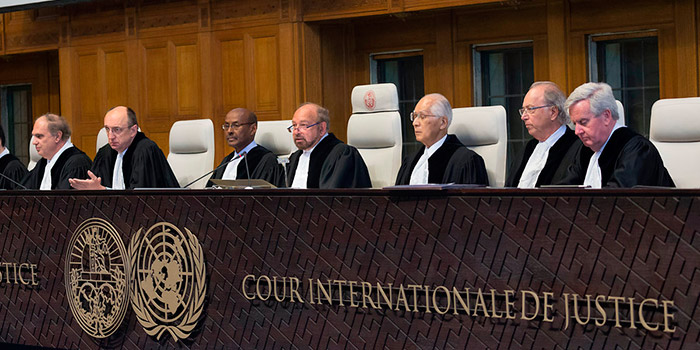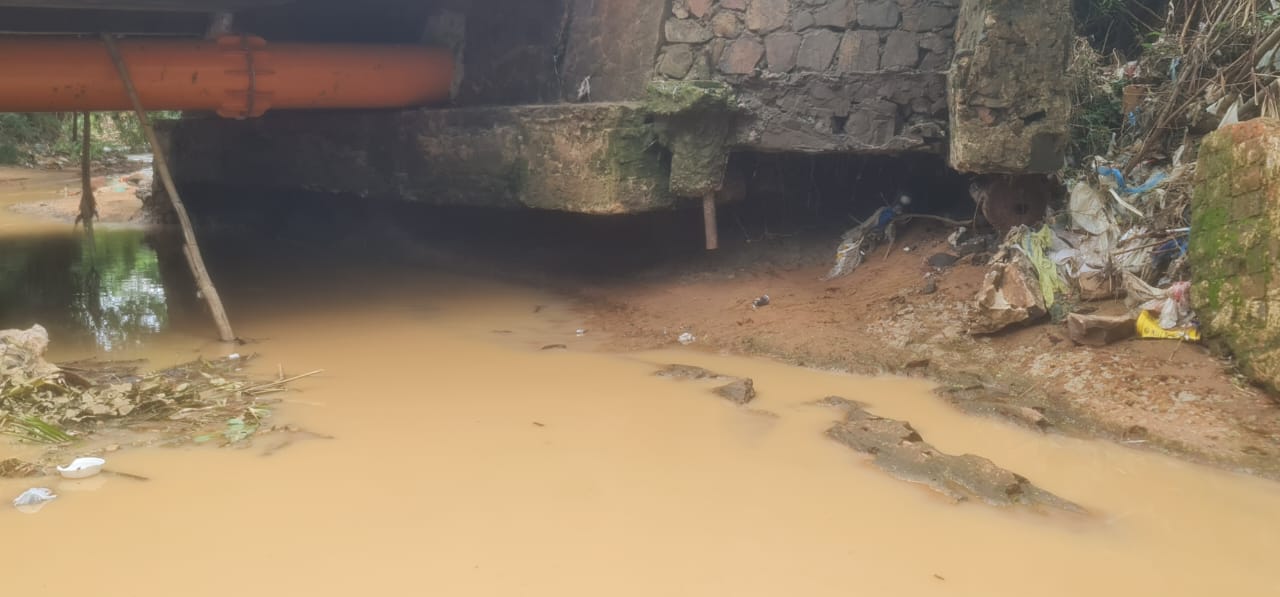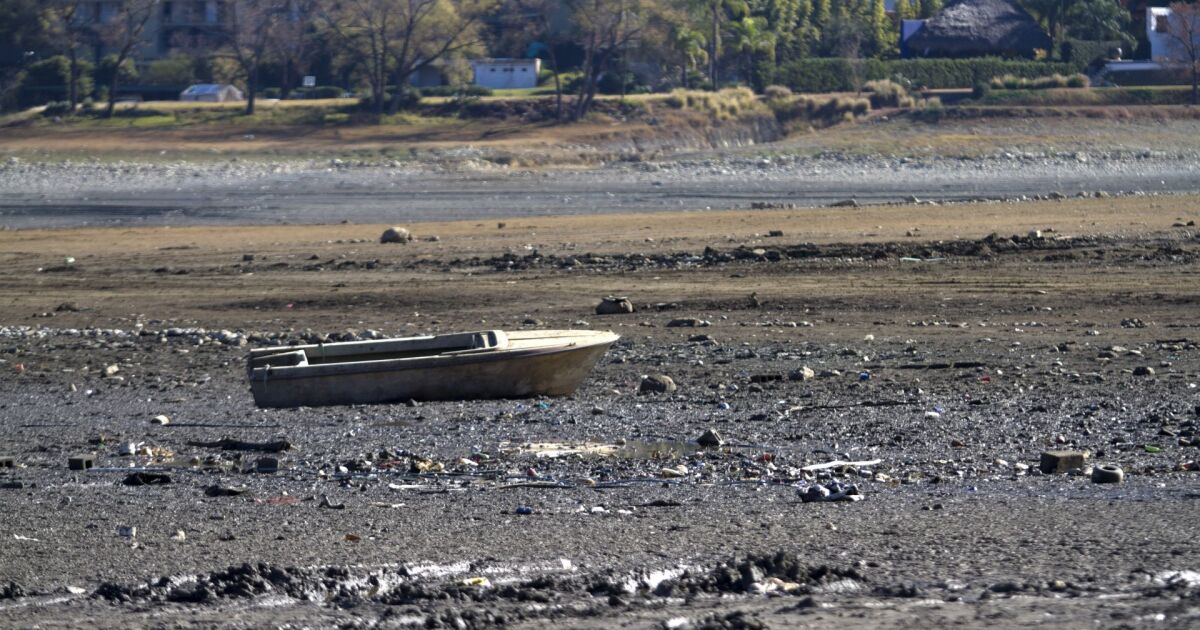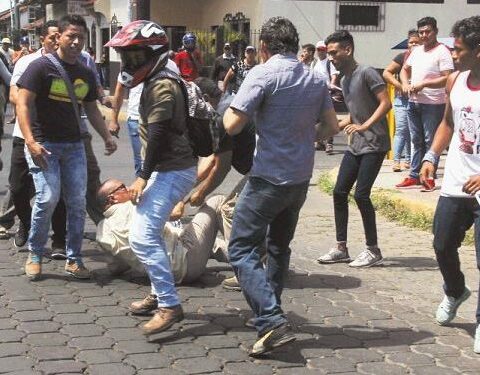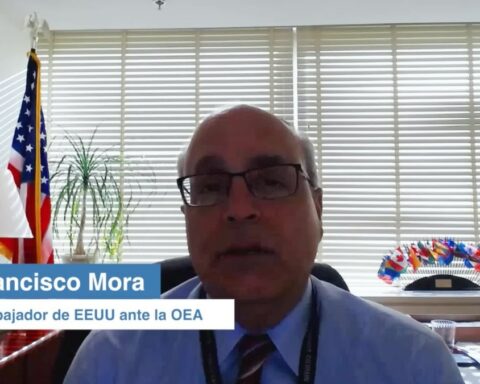The International Court of Justice (ICJ) considered this Thursday that Colombia has violated Nicaragua’s “sovereignty and jurisdiction” in its own Exclusive Economic Zone (EEZ) by authorizing fishing activities in Nicaraguan waters, and ordered Bogotá “to cease immediate” his conduct.
In addition, by ten votes in favor and five against, the ICJ also sees this violation of sovereignty and jurisdiction by Colombia in its “interference with marine and fishing scientific research activities of vessels with a Nicaraguan flag or license and with the operations of naval vessels” in Nicaraguan waters.
With this, the UN Court demands by a majority that Colombia “immediately cease its conduct” both with regard to its fishing activities in Nicaraguan waters and its interference in research operations by Nicaragua in its own waters.
Related news: Colombia awaits this week the ruling of the lawsuit imposed by Nicaragua before the ICJ
In addition, it considered that the Colombian presidential decree that established an “integral contiguous zone” from the mainland to the archipelago, in which the delimitation established by the ICJ in a previous ruling from 2012, is “not in accordance with customary international law.”
This case has its origins in an ICJ ruling issued in 2012, by which Colombia maintained sovereignty over the archipelago of San Andrés, Providencia and Santa Catalina, which also includes the keys of Roncador, Serrana, Serranilla, Bajonuevo, Albuquerque, East-Southeast Key and Quitasueño.
It also conserved twelve nautical miles of the water that surrounds these territories, but lost almost 75,000 square kilometers of economic zone sea to Nicaragua.
Nicaragua then denounced before the ICJ that Colombia had violated international law by not applying that sentence because its Navy carries out operations in Caribbean waters that do not correspond to it and Bogotá issued that decree that established an “integral contiguous zone.”
In response, Colombia countersued Nicaragua before the ICJ alleging that that country “has violated the artisanal fishing rights of the inhabitants of the archipelago, in particular the Raizal community, to access and exploit their traditional fishing banks,” since they were left out of the 12 nautical miles stipulated in the previous ruling.
On this point, the ICJ regretted not having been able to examine it thoroughly because it has not been shown that this community has artisanal fishing rights, nor that Nicaragua has agreed to protect those rights.
In addition, it also argued that Nicaragua issued a decree “contrary to international law” related to the points and lines from which it measures its maritime spaces in the Caribbean, seeking to “unilaterally allocate marine areas to the detriment of Colombia.”

